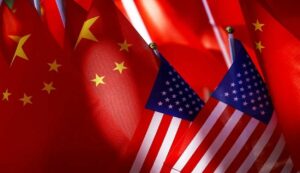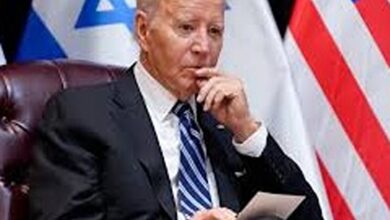To boost national security, Beijing imposes sanctions on 28 US defense firms
Beijing: The Voice of America claimed that Beijing on Thursday announced new export control measures targeting 28 US businesses and put 10 of them on a list that would prevent them from doing business in the country, marking a new escalation of trade tensions between the United States and China.

The 28 businesses in the group are mostly defense contractors, including General Dynamics and three of its subsidiaries, Lockheed Martin and five of its subsidiaries, Raytheon and three of its subsidiaries, Boeing, and more than a dozen other corporations.
It is currently illegal for Chinese businesses to supply “dual-use” goods—items that may be used for both military and civilian purposes—to any of these organizations.
The restrictions were implemented “in order to safeguard national security… interests and fulfill international obligations such as non-proliferation,” according to a statement released by the Chinese Ministry of Commerce, VOA reported.
In a separate release, the Chinese Ministry of Commerce labeled ten businesses as “unreliable entities.” These businesses were all subsidiaries of Raytheon, General Dynamics, and Lockheed Martin. The penalties for this category are more severe.
Revocation of any work or residence licenses held by the executives of the enterprises, prohibitions on new investments, and prohibitions on the import and export of commodities to and from China are also part of the penalties. Additionally, executives are not allowed to visit China.
The government used the corporations’ participation in weapons sales to Taiwan as justification for the actions. The limitations were meant to “protect national sovereignty, security, and development interests,” it emphasized.
Three proposals were put out by a bipartisan group of US congressmen earlier in December 2024 to address China’s role in the US fentanyl issue.
According to the Voice of America, the proposed legislation included measures that would allow penalties against Chinese corporations and the establishment of a US task force to fight drug trafficking.
The proposed law sought to hold China’s governing Communist Party (CCP) accountable for “directly contributing to the fentanyl crisis by subsidizing precursor chemicals,” according to the House of Representatives Select Committee on China, which is made up of all the bill participants.





